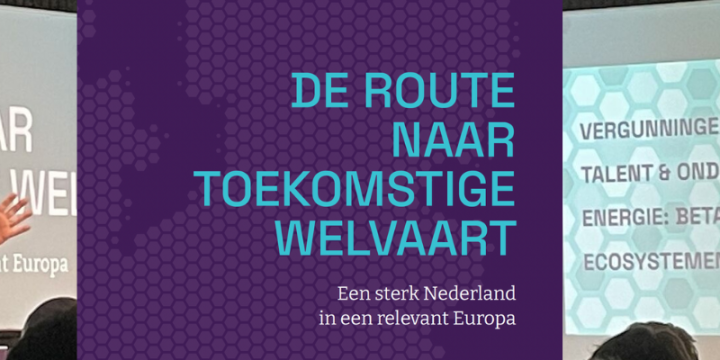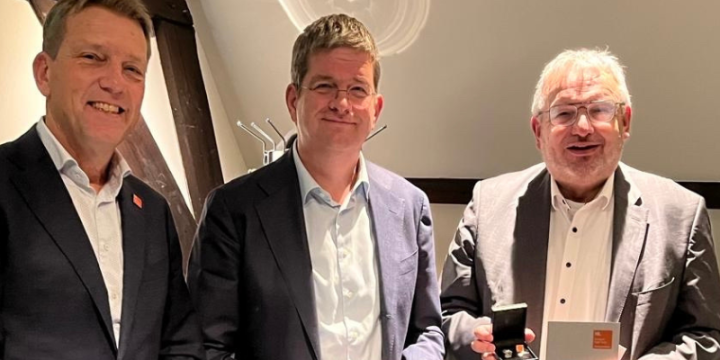The European Commission has proposed a strategy to make the EU an industrial leader in advanced materials, an essential part of the green and digital transitions. The Communication on Advanced Materials for Industrial Leadership proposes concrete steps to align research and innovation priorities and investments in the EU, ensuring European leadership in this key technology. This initiative, which is eagerly awaited by Member States and industry, is the first step towards a common European approach to advanced materials and lays the foundation for further action.
Europe plays an important role in the development of advanced materials. In this area, continuous innovation is essential to ensure both our technological sovereignty and our strategic autonomy. That innovation must also take into account that the EU must reduce its ecological footprint, which will ultimately lead to innovative, sustainable and competitive products and production processes that improve our lives.
In the coming years there will only be more demand for materials, for example for the production of renewable energy, medicines, satellites and more. That is why the European Commission is now proposing concrete actions to align research and innovation (R&I) priorities and investments in the EU so that we can become a leader in this key technology.
Five important pillars
The proposed actions are built around five key pillars to be implemented together with EU Member States, industry players and other key stakeholders:
- strengthen the European ecosystem for R&I in advanced materials;
- develop a European digital infrastructure for R&I to accelerate the design, development and testing of new advanced materials in a controlled environment, including using AI;
- increase capital investment and improve access to finance. The EU will establish a new partnership with industry under Horizon Europe to invest €500 million over the period 2025-2027. Of this, at least EUR 250 million will come from private sources;
- promote the production and use of advanced materials. This will be done through government contracts for innovation and standardization. In addition, an academy for advanced materials will be established in collaboration with the European Institute of Innovation and Technology. The purpose of this institute is to ensure that European workers have the necessary skills;
- establish an Advanced Materials Technology Council to consult Member States, Horizon Europe associated countries and industry on the governance of this initiative.





